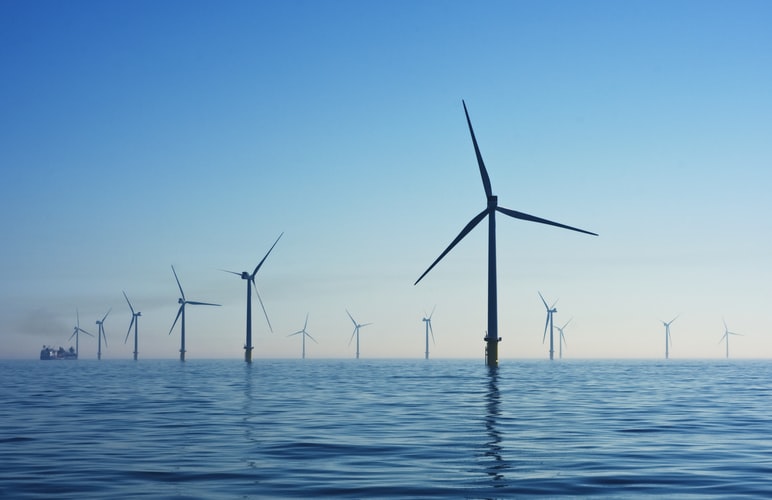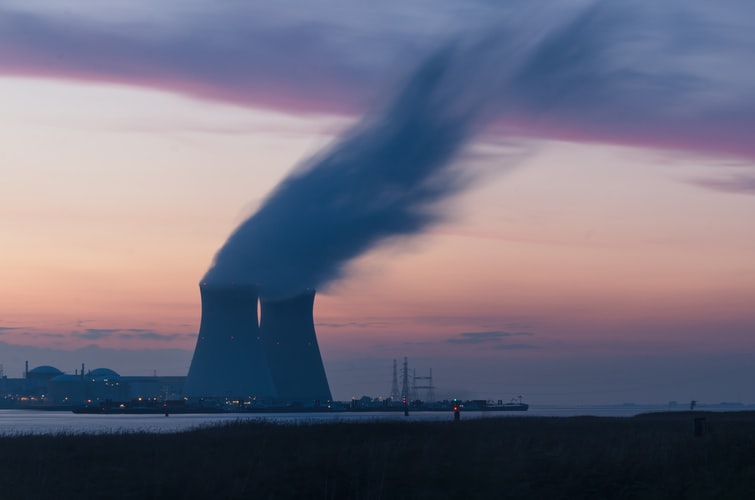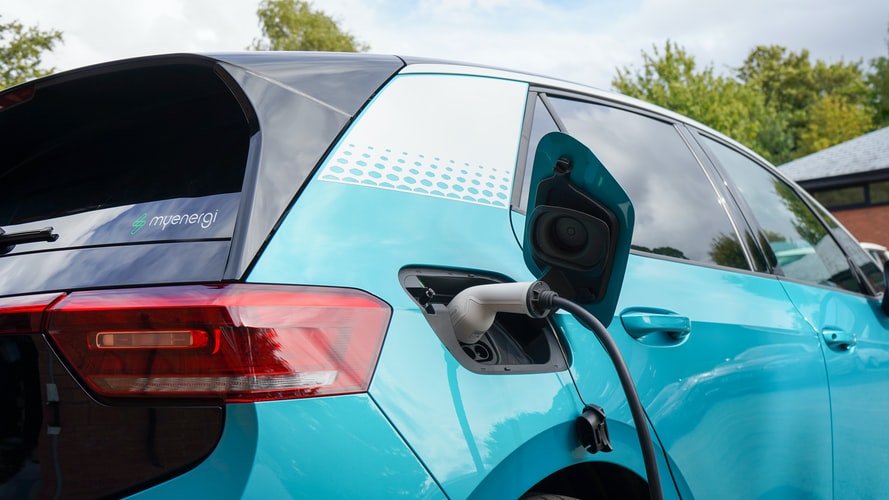What Are The Uses Of Renewable Energy?

Renewable energy refers to any energy source that can be renewed indefinitely. It does not have an end date, like the use of fossil fuels. This includes the burning of fossil fuels, which emit greenhouse gases and other pollutants into the atmosphere. There are many renewable energy sources such as the energy from the sun, wind, waves, geothermal heat, and even biomass. You can use renewable energy to create electricity at home with little to no environmental impact. But first, what exactly is renewable energy?

Effects Of Global Warming And Climate Change
Global warming is one of the biggest threats to the planet Earth since the dawn of human civilization. One of the main problems we face today is the effects of greenhouse gas emissions. According to the World Health Organization (WHO), global warming is one of the most severe environmental issues today, with the number of people affected increasing each year. A large proportion of the Earth’s climate is controlled by natural factors, making it important for us to find new ways to reduce greenhouse gas emissions.
One of the most promising forms of renewable energy is solar power. Solar energy has been around for decades, but only recently has it become a commercially viable solution to electricity production. Solar panels can now be found on rooftops around the world and are becoming more affordable. By using a combination of solar panels and windmills, we can now produce enough electricity to meet our own needs and potentially even sell to our neighbours. Windmills are also proving to be an excellent way to cut down the impact our carbon footprint has on our environment.

Although there are many ways in which we can reduce our carbon footprint and reduce the amount of pollutants our produce one of the best ways is to harness renewable energy. One obvious choice is to switch to solar power, but this is not practical for everyone. If you do not live on a roof, you will struggle to get any sort of solar panel setup up. As the cost of solar panels has continued to drop, it has become possible for the home to have one. One of the other major advantages of this form of electricity generation is the reduced use of fossil fuels, which have helped to cut back on the levels of acid rain, which has been increasing in the world’s atmosphere.
Barriers To Renewable Energy
One of the biggest barriers to renewable energy systems has been the lack of funding. Government loans have often supported research and development into alternative energy, but these have always been on a small scale. It was only in the last decade that domestic solar power plants started to receive subsidies, and as of now they are only available in selected areas or in some cases are dependent upon being part of a system that provides backup electricity. The lack of government investment has meant that many companies that developing renewable energy systems have gone bankrupt, reducing the availability of these low-cost technology solutions. However, as the financial situation improves, these systems will become more readily available and cheaper for all consumers.
Use Of Energy Resources In The Future
Renewable energy is one of the most secure forms of energy security. While it has its limitations like all forms of technology, it is still growing by leaps and bounds around the world. Fossil fuels are being replaced by renewable sources like the solar and wind generators, which are producing great amounts of energy, leaving less for the Earth to pollute. This means that carbon emissions have decreased steadily and global warming is no longer a big issue. This is a major breakthrough for the global climate change, something which has been greatly effected by the increasing use of energy sourced from renewable sources.


Angela is a writer focused on the intersection of climate change and public health. Her work explores the impacts of environmental shifts on well-being, aiming to raise awareness and provide practical insights for a healthier, more sustainable future.
